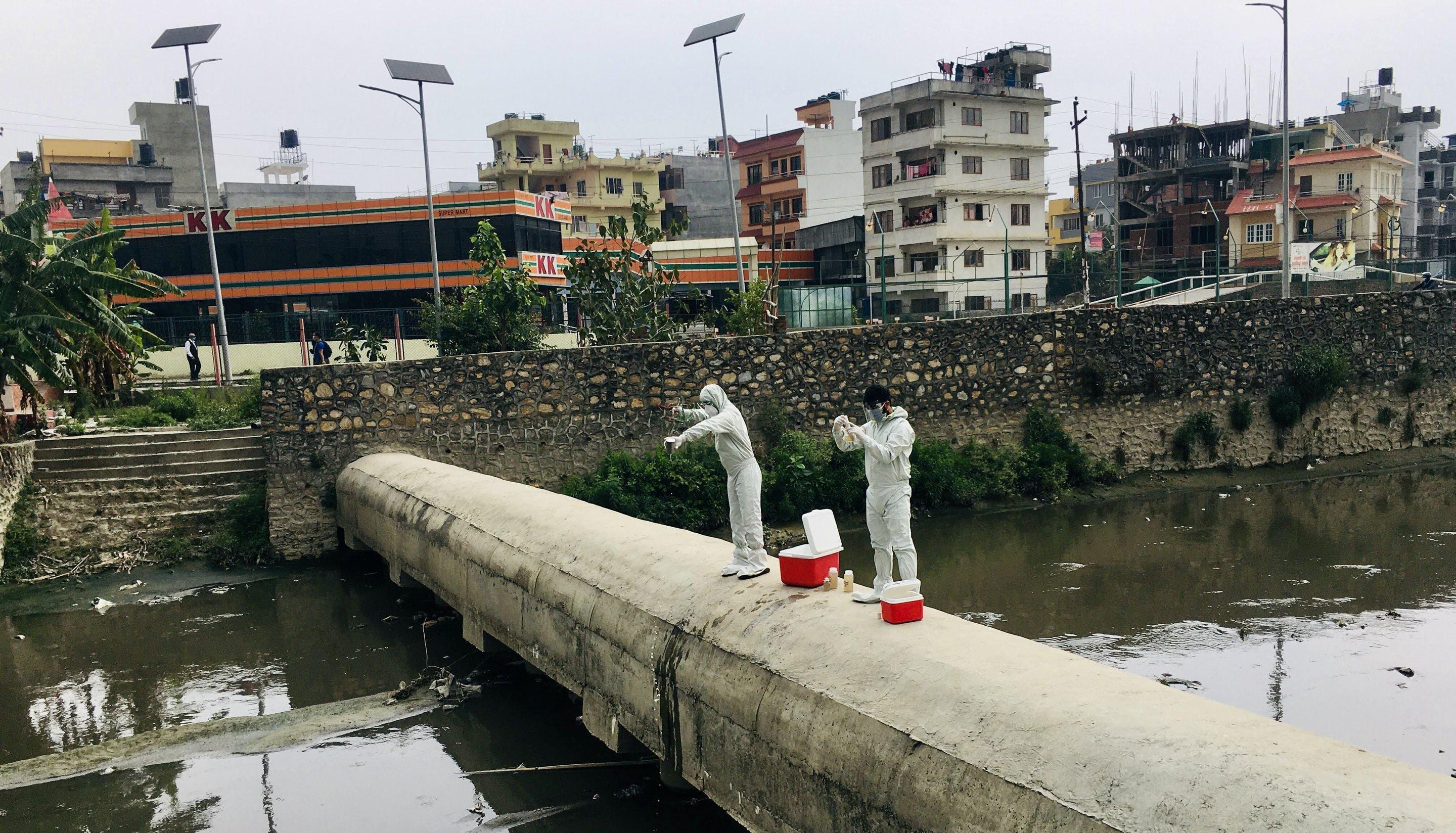PATH

Location
Pakistan, Nepal, Indonesia, Malawi, Brazil
Sector
Public Health
Type of Investment
Grant
Project Stage
Length of Investment
2020-2023
Investment Overview
PATH led a series of research pilots in Malawi, Pakistan, Nepal, and Indonesia using Environmental Surveillance (ES) to monitor the presence of Covid-19 in low-income populations and shared data to inform governmental response plans.
The Development Challenge
The Covid-19 pandemic posed a severe threat to public health and placed immense pressure on national health systems in both developed and developing countries. Robust disease surveillance systems are critical for the prevention and control of infectious disease. However, developing countries with under functioning health systems and limited capacity to test and trace Covid-19 on a large scale faced significant challenges in preventing and controlling outbreaks. Controlling outbreaks was particularly important in these settings, as resource constraints exacerbate challenges with treating Covid-19 patients who require specialised treatment. While recent studies had shown the potential of ES to complement clinical testing and help detect the presence of infectious disease in populations, it had not yet been widely applied in developing country contexts.
The Innovation
PATH led a research project to develop and adapt ES methods to low-income contexts for monitoring the circulation of the Covid-19 virus in populations and provide government decision makers with valuable information about infection trends to help inform public health interventions. Beyond COVID-19, the ES innovation may have broader applicability if new pandemics emerge in the longer-term as well as to other pathogens that are already prevalent.
Our Investment
GIF grant of USD868K supported PATH with their aim to conduct field research pilots across five countries to collect environmental samples from wastewater; create a Data Center to house and analyse field data and standardise ES methods for Covid-19 for dissemination to the research community and public health authorities; establish a Technical Assistance Committee (TAC) bringing together experts in ES, epidemiology, and virology; build a Working Group (WG) with researchers in low- and middle-income countries to facilitate sharing of best practices; and conduct a cost-effectiveness study.
Progress to date
PATH and partners from in-country research institutes identified and established study sites across five LMICs. Overall, 4.7K wastewater samples were collected across 266 sites, including sewered and non-sewered, that serve an estimated 1.8 million people. Analysis of these samples demonstrated that ES can be used for trend analysis, including variant dynamics and early warning of outbreaks. PATH also established an active TAC and WG with 58 LMIC members to share best practices, and align on and standardise ES methods. PATH also launched the W-SPHERE platform, a repository of 27 datasets across 20 countries on ES for COVID including LMICs, and several case studies on use of ES data including from LMICs like Ghana. Together with partners, PATH has also published learning, including on ES feasibility in Indonesia and work around the costing study conducted in Malawi and Nepal. A draft of the cost-effectiveness study is awaiting publication. All this work also fed into informing the WHO guidelines on ES for COVID-19. The collaboration also build research institutes capacity to continue implementing ES for COVID as well as other pathogens in-country, and increased government understanding of and interest in ES as a public health tool.
PATH in numbers
GIF grant
Wastewater samples collected